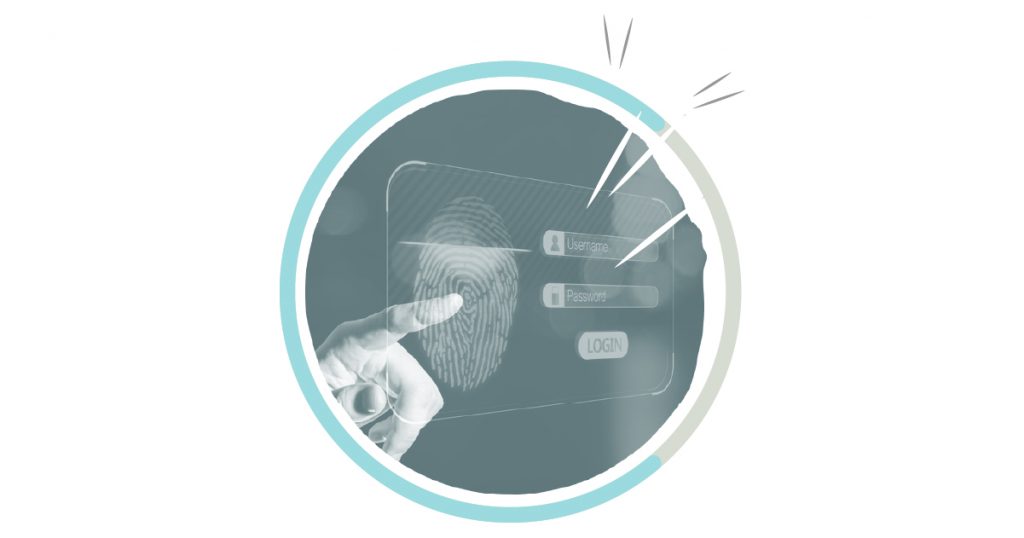Brazil has announced the launch of a blockchain-based digital identity that will allow citizens to access public and private services. However, digital identity will not be decentralized or self-sovereign, but will depend on a central authority that will validate users personal data.
What does this project entail and what challenges does it pose?
What is blockchain digital identity?
Blockchain digital identity is a concept that seeks to take advantage of the blockchain technology to create a more secure, transparent and efficient identification system. The idea is that each person has a unique digital identity, which they can manage and control autonomously and which they can use to interact with different entities and services.
Blockchain digital identity is based on the principles of decentralized and self-sovereign identity (SSI), which advocate that each individual is the owner and responsible for their own identity, and can decide what data they share with whom and under what conditions.
Blockchain digital identity relies on the use of verifiable credentials, which are digital documents that contain information about a person’s identity or qualifications, and that can be issued, stored and verified by different parties without intermediaries.
Blockchain digital identity offers multiple benefits, such as:
- Greater privacy and security: Personal data is stored in a personal digital wallet, which only the user can access and authorize. The data is not revealed to third parties without the user’s consent, and the risks of theft, loss or falsification of documents are avoided.
- Greater efficiency and comfort: Identification and verification processes are simplified and streamlined, reducing costs and time. The user can access different services with a single digital identity, without the need to present physical documents or fill out repetitive forms.
- Greater inclusion and empowerment: Blockchain digital identity facilitates access to basic services such as education, health, banking or voting for people who do not have an official identity or who live in remote areas. In addition, the user has more control over their own identity and can exercise their digital rights.
What does Brazil propose?

Brazil has announced its intention to create a blockchain-based digital identity for its citizens, with the aim of improving the provision of public and private services. The project is called “Identidade Digital Nacional” (IDN), and is led by the “Tribunal Superior Electoral” (TSE), which is the body responsible for the civil and electoral registry of the country.
According to the TSE, the IDN will allow citizens to have a unique digital identity, which they can use to access services such as health, education, social security or transportation. The IDN will be based on Hyperledger Fabric technology, an enterprise blockchain platform developed by the Linux Foundation.
The IDN will be integrated with other existing identification systems in Brazil, such as the “Registro Civil Nacional” (RCN), the “Documento Nacional de Identidad” (DNI) or the “Sistema Biometrico Electoral” (SBE). The TSE will be in charge of issuing digital credentials to citizens, as well as validating and verifying personal data.
What problems does it raise?

Although the IDN is presented as an innovative and beneficial initiative for citizens, it also generates some doubts and criticism. Some of the problems it raises are:
- Lack of decentralization: The IDN will not be a true blockchain digital identity, but rather a centralized blockchain-based digital identity. The TSE will be the only issuer and validator of digital credentials, which implies a high degree of control and dependence on the State. Furthermore, it is not clear how the participation and interoperability of other public and private actors in the system will be guaranteed.
- Lack of self-sovereignty: The IDN will not respect the principles of self-sovereign identity, since citizens will not have full control over their own identity. The TSE will have access to all users’ personal data, and may modify, share or revoke them without their consent. Furthermore, it is not known how data privacy and security will be protected, nor what transparency and accountability mechanisms will be applied.
- Lack of trust: IDN can generate distrust among citizens, who may see it as a form of surveillance and control by the State. The TSE does not have an impeccable reputation, as it has been the subject of several complaints and accusations of corruption, fraud and electoral manipulation. In addition, the IDN may be vulnerable to computer attacks or technical failures that compromise its operation.
Conclusion
The IDN is an ambitious project that aims to create a blockchain-based digital identity for Brazilian citizens. However, the IDN does not comply with international blockchain digital identity standards, as it will not be decentralized or self-sovereign, but will depend on a central authority that will validate users personal data. The IDN poses several challenges and risks in terms of privacy, security, trust and inclusion, which should be addressed before its implementation.


